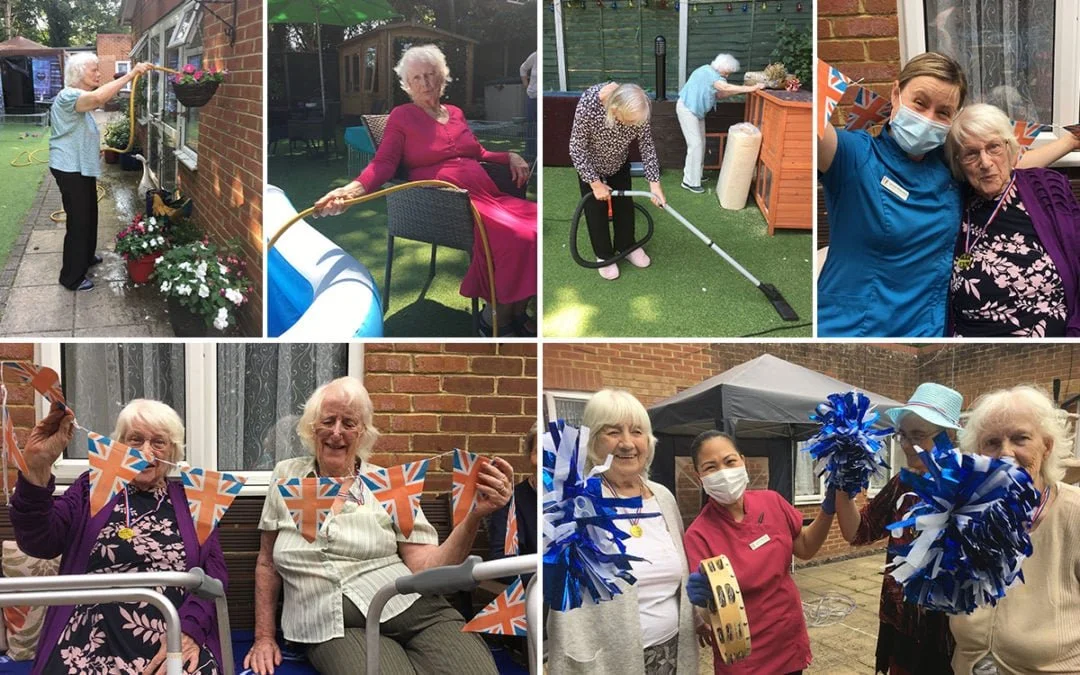An evidence-based framework aligning with regulatory and ethical standards in dementia care.
The National Dementia Care Accreditation Framework has been designed to ensure consistent good practice across care homes wishing to become more specialised in supporting people living with dementia in 2025/26. The framework focuses on nine key assessment (or focus) areas which have a grounding in the current evidence base and constitute the framework’s design
A framework built on nine foundations
-

Knowledge and Understanding of Dementia Care
Care teams should have a good knowledge base of up-to-date best practices in understanding how to support people living with dementia, its progression and transferring these topics into day-to-day care.
-

Information About the Person
Care for people living with dementia should be informed by an individual’s life story, personal choice and preferences, ensuring the delivery of true person-focused care for each individual.
-

Person-Centred Participation and Engagement
Daily interactions should be designed to promote meaningful engagement, community, wellbeing and social connections to allow each person to live a meaningful day in a way that they choose.
-

The Enabling Environment
Physical spaces in homes should be built or adapted to support people’s wellbeing, independence and daily living.
-

The Homely Environment
Care home environments (social and physical) should be homely, foster social warmth, familiarity, and a sense of belonging for people.
-

Light, Sound, Smell, and Touch for Wellbeing
Sensory considerations should be integrated to enhance comfort, promote engagement and reduce the potential for stress and distress for people living in the later stages of dementia.
-

Team Induction, Training, and Nurture
Care teams should be supported through nurturing leadership, continuous learning, mentorship, and the promotion of their own emotional well-being.
-

Approach and Emotional Connection
Relationships between people should be built on empathy, validation, love and should focus on people’s emotional intelligence and a family-like culture.
-

Vision, Culture, and Leadership
Strong and passionate leadership in care organisations should ensure that a positive and enablement focused culture of care is embedded and continuously sustained.
A framework focused on the person, the team and the care environment.
Cognitive Stimulation
We will gather information about how well you are supporting the day to day living of the people you support.
Emotional Intelligence
Assessing how emotionally intelligent your team are will provide us with the information we need to support your team’s development.
Enablement
We want to know how well you are enabling the people you support to live a meaningful day everyday.
The Home
Our approach is focused on supporting you to develop your home-centred approach to care which includes understanding how well you are utilising your existing spaces.
Occupational Justice
We believe that you should be providing regular opportunities for the people you support to be engaging in meaningful activity which promotes their personal wellbeing.
Language and Approach
We want to assess how well your team are using their skills to approach, connect, encourage and enable the people they support.

